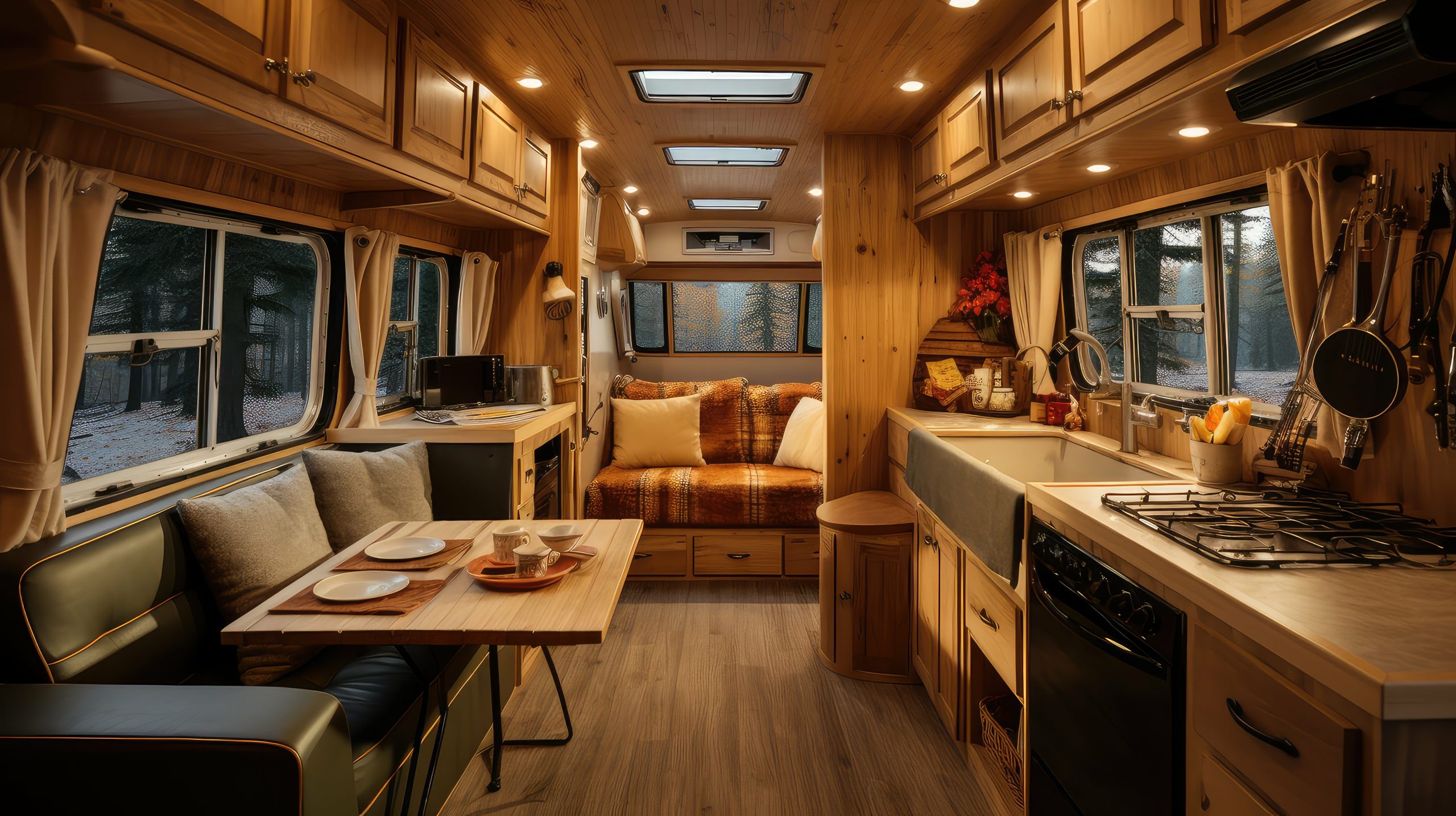If you’ve ever dealt with an unexpected repair bill for your RV, boat, or power sports vehicle, you’re not alone. From engine issues to storm damage, repairs can cost hundreds—or even thousands—of dollars. That leads to common questions like: Does RV insurance cover mold? And more broadly, what does recreational vehicle insurance actually cover?
Let’s break it down.
What Does Recreational Vehicle Insurance Cover?
RV, boat, and powersports insurance policies are designed to protect against unexpected events—accidents, theft, weather-related damage—not everyday wear and tear or routine maintenance.
Here’s a breakdown of the most common types of coverage:
Liability Coverage
Covers injuries and property damage you cause to others but does not cover damage to your own vehicle.
Collision Coverage
Pays for repairs to your vehicle or vessel after a crash, whether it’s with another vehicle, a tree, a rock, or a dock.
Comprehensive Coverage
Protects against many non-collision risks, including:
- Theft and vandalism
- Fire and smoke damage
- Weather events like hail or wind
- Animal collisions
Uninsured/Underinsured Motorist Property Damage
Helps pay for damage to your vehicle if you’re hit by someone who doesn’t have enough insurance.
Does RV Insurance Cover Mold?
This is one of the most common—and most misunderstood—questions.
In most cases, standard RV insurance does not cover mold damage. Mold is typically considered a maintenance issue that develops over time, especially in humid or improperly ventilated environments.
However, there are exceptions:
- If mold results directly from a covered peril (like storm damage or flooding), and you file the claim promptly, your insurer may cover the cleanup and repairs.
- Some insurers offer optional interior protection endorsements that may include limited mold coverage.
To know for sure, check your policy documents or speak with an agent who understands RV-specific risks.
What Insurance Doesn’t Cover
Even a full-coverage policy won’t protect against every type of damage. Here’s what’s usually excluded:
- Mold (unless caused by a covered event)
- Regular maintenance
- Wear and tear
- Cosmetic damage
- Engine failure not related to a covered accident
- Routine services like oil changes, tire replacement, or winterizing
Add-Ons That Offer Extra Peace of Mind
To better protect your recreational vehicle, consider these popular policy upgrades:
- Roadside Assistance – Especially helpful for RV owners on long trips
- Towing and Trailer Coverage – A must-have for boat or off-road vehicle owners
- Custom Parts and Equipment Protection – Covers upgrades like solar panels, racks, or navigation systems
- Mechanical Breakdown Coverage – Like an extended warranty, this may cover repair costs not included in standard coverage (availability may vary)
Stay Ahead of Repairs with Routine Maintenance
While insurance can help in many unexpected situations, the best way to avoid high repair bills is by staying on top of maintenance. Regular inspections, cleaning, sealing, and storage prep can go a long way toward preventing issues like mold or engine failure.
Need Coverage That Covers the Way You Travel?
So—does RV insurance cover mold? In most cases, no—but with the right endorsements and regular maintenance, you can minimize your risk. And when it comes to broader protection for your RV, boat, or powersports vehicle, having a tailored policy makes all the difference.
At Happy Camper Insurance, we specialize in recreational vehicle coverage that fits your lifestyle. Whether you’re cruising highways, lakes, or off-road trails, we’ll help you find the right protection to keep your adventures stress-free.
Contact Happy Camper Insurance today to get a free quote and explore coverage options for your RV, boat, or powersports vehicle.


